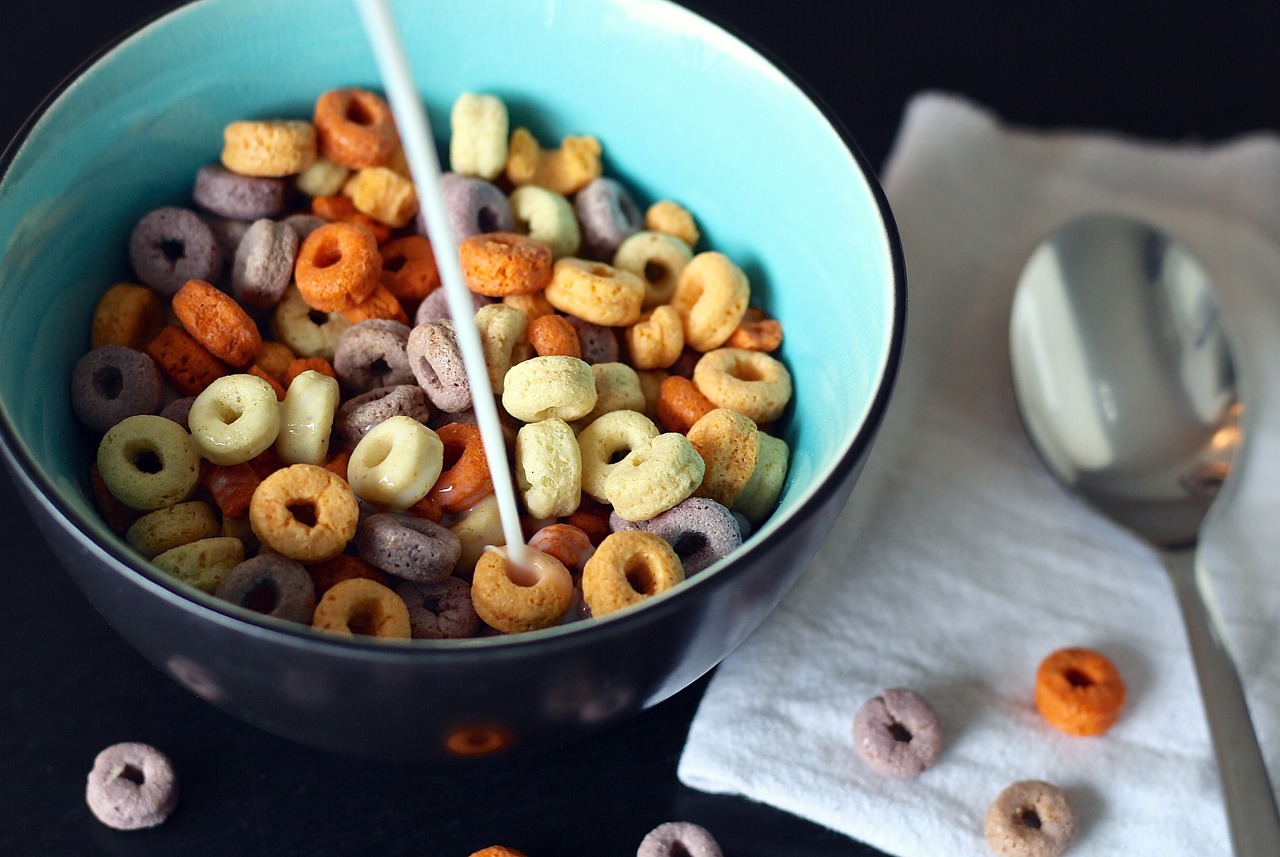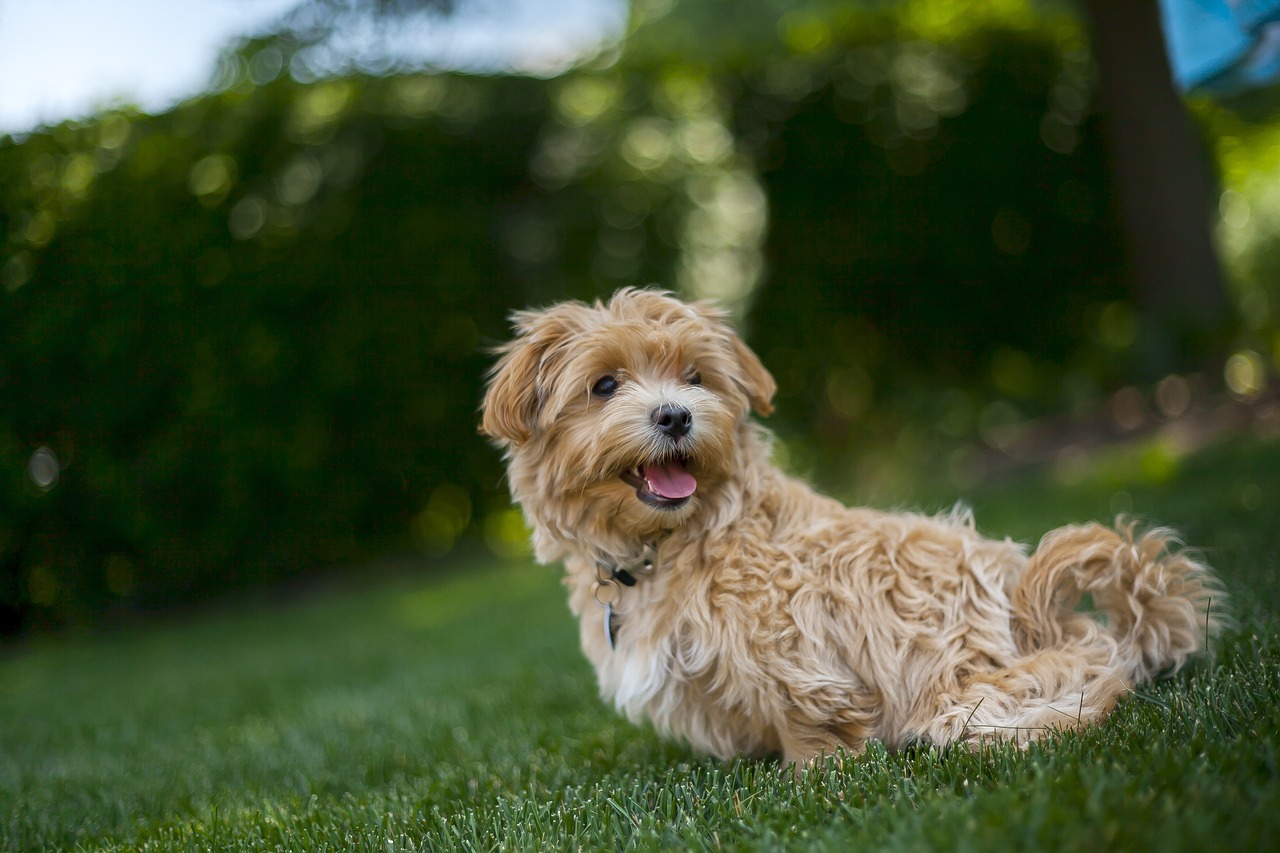
Having a healthy and well-nourished dog is every pet owner’s dream. However, sometimes our furry friends may struggle with maintaining a healthy weight, especially if they have a fast metabolism or are recovering from an illness. In these cases, it is crucial to find the best dog food for weight gain to ensure your pup is getting all the necessary nutrients to reach their ideal weight. With the overwhelming number of dog food options available, it can be challenging to know which one is the best choice for your canine. That’s why we have put together the ultimate guide to helping your pup pack on pounds.
Finding Fido’s Perfect Diet: Tips for Weight Gain
The first step in helping your dog gain weight is to consult with your veterinarian. They can assess your pup’s overall health and determine if there are any underlying medical issues contributing to their weight loss. Your vet may also recommend specific dietary changes or supplements to help your dog gain weight safely. Additionally, it is vital to increase your dog’s calorie intake gradually. Rapid weight gain can be harmful to your dog’s health and may lead to other health problems. Slowly increasing their calorie intake will allow their body to adjust and prevent any digestive issues.
Chow Down: Top Picks for Bulking Up Your Canine
When it comes to choosing the best dog food for weight gain, it is essential to look for high-quality and nutrient-dense options. Foods with high protein and fat content are typically recommended for weight gain. Some top choices include products with chicken, lamb, or beef as the main protein sources, as well as foods with added healthy fats such as salmon oil or flaxseed. It is also crucial to avoid dog foods with fillers, by-products, and artificial preservatives, as these can be hard for your dog to digest and can hinder their weight gain progress.
Fueling Your Furry Friend: Nutritious Options for Weight Gain

Aside from the traditional dry kibble, there are also other options for weight gain that you can incorporate into your dog’s diet. Wet or canned food can be an excellent addition as it has a higher water content, making it easier for your dog to eat and digest. You can also opt for commercial high-calorie supplements or make homemade meals for your pup using wholesome and nutritious ingredients such as cooked chicken, brown rice, and vegetables. Just make sure to consult with your vet first before making any drastic changes to your dog’s diet.
From Underweight to Ideal: Nourishing Your Pooch to Health
Helping your underweight dog gain weight may take some time and patience, but with the right diet and care, your pup will soon reach their ideal weight and be back to their happy and healthy self. Remember to monitor your dog’s progress, make dietary changes gradually, and consult with your veterinarian throughout the process for the best results. With the tips and recommendations above, finding the best dog food for weight gain will be a breeze, and your furry friend will thank you for it.